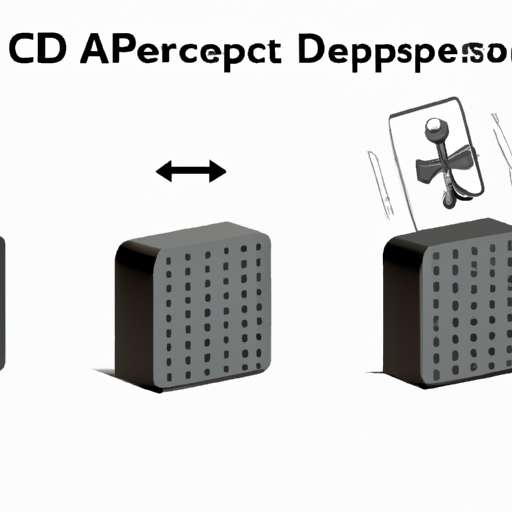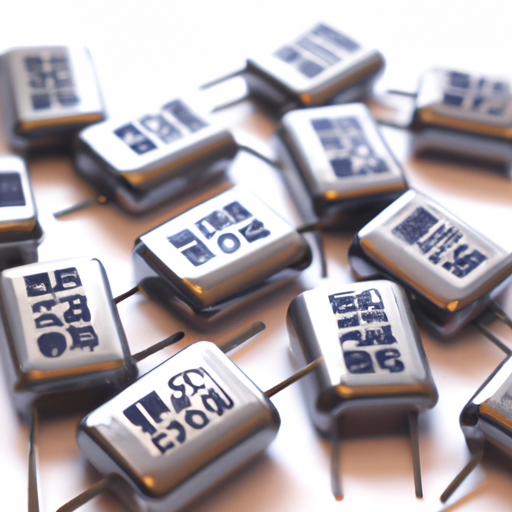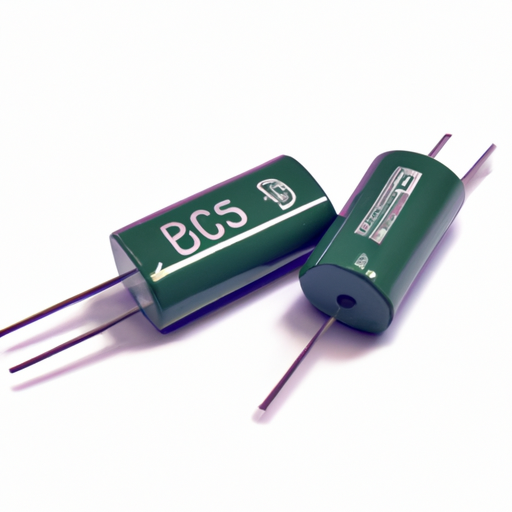What are the advantages of resistor recycling products?
Resistors are a common electronic component used to limit current, regulate voltage, and divide circuits. In the manufacturing and maintenance process of electronic products, resistors are essential components. With the continuous updating and increasing quantity of electronic products, the demand for resistors is also increasing. Therefore, the recycling and reuse of resistors become particularly important.

1. Resource conservation: Recycled resistors can effectively save resources. By recycling and reusing discarded resistors, the demand for raw materials can be reduced, production costs can be lowered, and environmental impact can be minimized. This helps achieve resource recycling and reduce resource waste.
2. Pollution reduction: If discarded resistors are disposed of or incinerated at will, they can pollute the environment. Harmful substances in them may seep into the soil and water sources, causing ecological damage. By recycling resistors, environmental pollution from waste can be effectively reduced, protecting the ecological environment.
3. Energy conservation: Producing electronic components consumes a large amount of energy. By recycling resistors, energy consumption can be reduced, lowering energy consumption and carbon emissions during production. This helps reduce environmental pressure and promote sustainable development.
4. Cost reduction: Recycling resistors can lower production costs. After recycling discarded resistors, they can be reprocessed into usable electronic components, saving raw materials and production costs. This helps enhance the competitiveness of enterprises, reduce product prices, and improve market competitiveness.
5. Promoting circular economy: Recycled resistors align with the concept of a circular economy. By recycling and reusing discarded resistors, resource recycling can be achieved, product lifespan can be extended, and waste generation can be reduced. This helps establish a sustainable production and consumption model, promoting economic sustainability.
In summary, recycled resistors have multiple advantages such as resource conservation, pollution reduction, energy conservation, cost reduction, and promoting circular economy. By recycling resistors, resources can be effectively utilized, the environment can be protected, and economic sustainability can be promoted. Therefore, the development prospects of recycled resistors are promising, with significant importance and value. It is hoped that all sectors can pay attention to the development of recycled resistors, jointly promote the construction of a circular economy, and achieve sustainable development.
Resistors are a common electronic component used to limit current, regulate voltage, and divide circuits. In the manufacturing and maintenance process of electronic products, resistors are essential components. With the continuous updating and increasing quantity of electronic products, the demand for resistors is also increasing. Therefore, the recycling and reuse of resistors become particularly important.

1. Resource conservation: Recycled resistors can effectively save resources. By recycling and reusing discarded resistors, the demand for raw materials can be reduced, production costs can be lowered, and environmental impact can be minimized. This helps achieve resource recycling and reduce resource waste.
2. Pollution reduction: If discarded resistors are disposed of or incinerated at will, they can pollute the environment. Harmful substances in them may seep into the soil and water sources, causing ecological damage. By recycling resistors, environmental pollution from waste can be effectively reduced, protecting the ecological environment.
3. Energy conservation: Producing electronic components consumes a large amount of energy. By recycling resistors, energy consumption can be reduced, lowering energy consumption and carbon emissions during production. This helps reduce environmental pressure and promote sustainable development.
4. Cost reduction: Recycling resistors can lower production costs. After recycling discarded resistors, they can be reprocessed into usable electronic components, saving raw materials and production costs. This helps enhance the competitiveness of enterprises, reduce product prices, and improve market competitiveness.
5. Promoting circular economy: Recycled resistors align with the concept of a circular economy. By recycling and reusing discarded resistors, resource recycling can be achieved, product lifespan can be extended, and waste generation can be reduced. This helps establish a sustainable production and consumption model, promoting economic sustainability.
In summary, recycled resistors have multiple advantages such as resource conservation, pollution reduction, energy conservation, cost reduction, and promoting circular economy. By recycling resistors, resources can be effectively utilized, the environment can be protected, and economic sustainability can be promoted. Therefore, the development prospects of recycled resistors are promising, with significant importance and value. It is hoped that all sectors can pay attention to the development of recycled resistors, jointly promote the construction of a circular economy, and achieve sustainable development.






